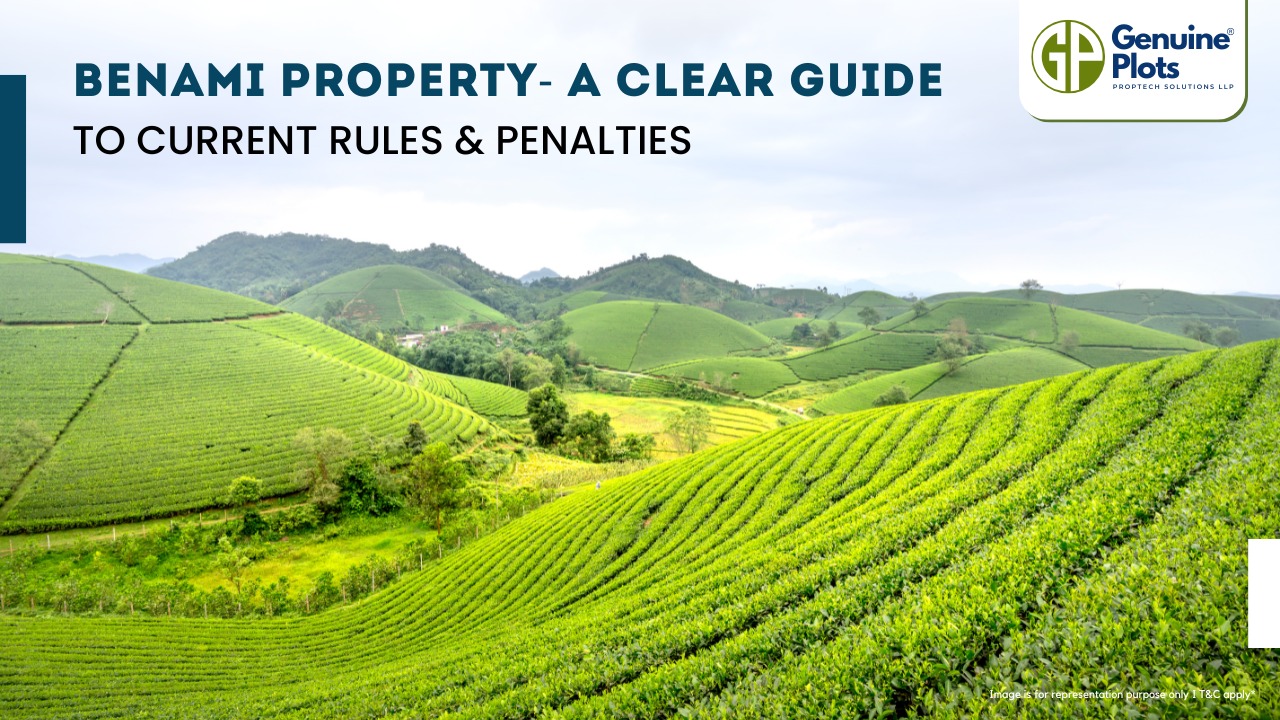Prev Post
Home Loans vs. Land Loans: What’s the DifferenceMaharashtra Government Introduces Vacant Land Tax for Asset Registration
One significant change is the requirement for property owners to submit payment receipts of vacant land tax or property tax for asset registration. This step aims to ensure that property owners fulfill their tax obligations promptly.Moreover, the government has made it mandatory to include the title owner's details in the adangal copy for agricultural land.
The decision to introduce these rules stemmed from observations that many vacant land owners were not paying taxes on time.Furthermore, urban and rural local authorities encountered difficulties in gathering vacant land taxes because they lacked a comprehensive database of property owners.
Local civic bodies and rural authorities have been urging the state government to provide details of land sellers and purchasers immediately after registration. This would facilitate tracking and collection of vacant land tax. However, technical constraints have hindered the government's ability to share this data.
The Maharashtra Government also revamped the property tax system in urban areas by transitioning from the annual rental value (ARV) tax calculation method to the capital value (CV) tax system. This change ensures uniformity in tax imposition on properties based on market value determined by the registration department. The reform aims to prevent irregularities in tax collection by revenue officials in urban civic bodies.
Previously, vacant land tax (VLT) was not mandatory for selling or purchasing property. To address this gap, the government now requires the submission of VLT receipts for the registration of open plots.
These measures underscore the government's commitment to promoting transparency, accountability, and fair taxation in property transactions. By implementing these rules, the Maharashtra Government aims to streamline property registration processes and enhance revenue collection for the welfare of the state.







